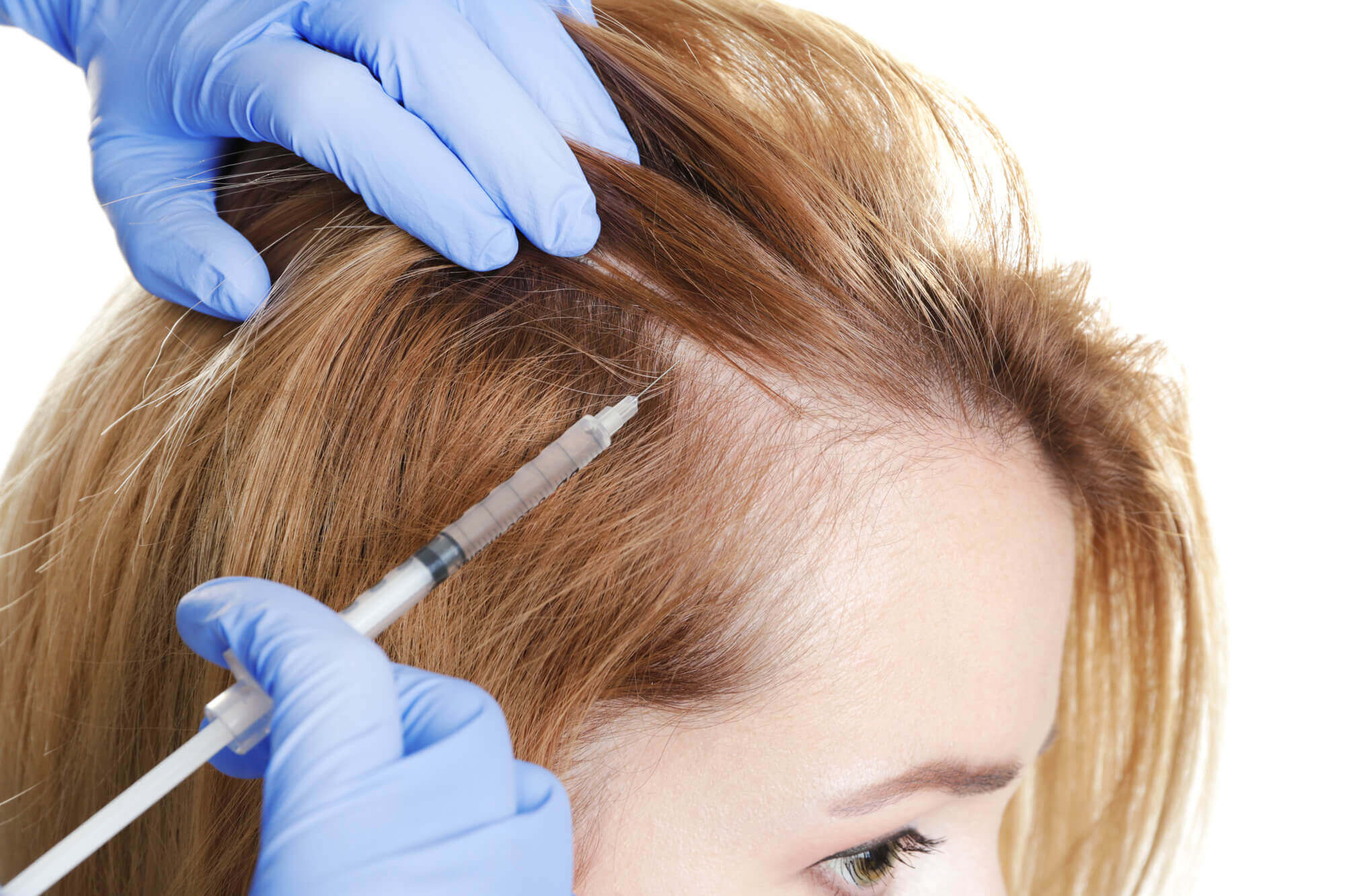
Are you struggling with hair loss and looking for effective solutions for hair regrowth? Look no further! With my years of experience in the field, I am here to provide you with comprehensive information about hair regrowth and the best practices to combat hair loss. Whether you are dealing with male pattern baldness, alopecia, or any other form of hair loss, this article will equip you with the knowledge and tools you need to promote healthy hair growth.
Hair regrowth is a natural process through which lost hair is replaced with new hair. While hair loss is a common concern for many individuals, it's important to remember that there are viable solutions available. From medical treatments to lifestyle changes, various approaches can stimulate hair regrowth and help you regain your confidence.
The Science of Hair Regrowth
Understanding the Hair Growth Cycle
Before delving into the different solutions for hair regrowth, it is crucial to understand the hair growth cycle. Hair goes through three main phases: the anagen phase (active growth), the catagen phase (transition), and the telogen phase (resting). During the anagen phase, the hair follicles produce new hair cells, leading to visible hair growth. Understanding these phases and how hair follicles function will give you insights into what stimulates or inhibits hair regrowth.
While each person's hair growth cycle varies, it typically takes two to three months for visible hair regrowth to occur. Factors such as genetics, age, and overall health play significant roles in determining the rate and quality of hair regrowth.
Promoting Hair Regrowth Through Lifestyle Changes
Implementing certain lifestyle changes can have a positive impact on hair regrowth. Here are some key tips:
1. Maintain a Balanced Diet
Avoid crash diets and ensure you have a balanced intake of essential nutrients like vitamins, minerals, and proteins. Foods rich in biotin, iron, zinc, and antioxidants can support healthy hair growth.
2. Practice Good Scalp Hygiene
Regularly washing your hair and scalp removes excess buildup and promotes a healthy environment for hair follicles. Avoid using harsh chemicals or excessive heat styling, as they can damage your hair.
3. Reduce Stress Levels
Chronic stress can lead to hair loss, so managing stress through relaxation techniques, exercise, or therapy can positively impact your hair regrowth journey.
Treatments for Hair Regrowth
1. Topical Solutions
Topical solutions containing minoxidil, such as Rogaine, are commonly used to promote hair regrowth. These solutions are applied directly to the scalp and help stimulate blood flow to the hair follicles, promoting hair growth. It's important to note that consistent and long-term use of topical solutions is typically required to see significant results.
Additionally, certain prescription topical solutions may be available, and it is recommended to consult with a dermatologist or hair specialist to determine the most suitable option for your specific needs.
2. Oral Medications
Oral medications, such as finasteride (Propecia), are often prescribed to individuals experiencing male pattern baldness. These medications work by inhibiting the hormone dihydrotestosterone (DHT), which is known to contribute to hair loss. As with any medication, it is important to consult with a medical professional to assess potential side effects and determine the appropriate dosage.
3. Low-Level Laser Therapy (LLLT)
Low-level laser therapy involves the use of specialized devices that emit red light to stimulate hair follicles. This non-invasive treatment can be performed at home or in clinics and has shown promising results in promoting hair regrowth.
LLLT devices are available in various forms, including laser combs, helmets, and caps. Regular and consistent use is necessary to experience visible improvements in hair regrowth.
Hair Regrowth FAQ
Q: Can hair regrowth products guarantee results?
A: Hair regrowth products can be helpful in stimulating hair growth, but individual results may vary. It's important to use these products as directed and be patient, as hair regrowth takes time.
Q: Are hair transplants a permanent solution for hair regrowth?
A: Hair transplants can provide a permanent solution for hair regrowth as healthy hair follicles are transplanted to areas of thinning or baldness. However, it's crucial to consult with a skilled and experienced surgeon to determine your candidacy and understand the procedure's potential risks and benefits.
Q: Are there any natural remedies for hair regrowth?
A: While natural remedies may support hair health, it's important to note that scientific evidence for their effectiveness is limited. However, incorporating a healthy diet, managing stress levels, and practicing good scalp hygiene can contribute to overall hair health and potentially stimulate hair regrowth.
Q: Should I seek professional help for my hair loss concerns?
A: If you are experiencing significant hair loss or have concerns about your hair regrowth, it is always advisable to seek professional help. Dermatologists and hair specialists can evaluate your condition, identify any underlying causes, and provide personalized treatment recommendations.
Wrap Up
Embracing the journey of hair regrowth requires patience, dedication, and the right approach. By understanding the science behind hair regrowth, adopting healthy habits, and exploring suitable treatment options, you can take control of your hair loss concerns and boost your confidence.
Remember to consult with professionals for proper guidance and explore various options to find the most effective solution for your unique needs. Together, let's embark on the path to hair regrowth and reclaim a full, healthy head of hair!
Enjoyed reading this article? Check out these other informative articles:
1. The Ultimate Guide to Hair Care: Unlock the Secrets to Lustrous Locks
2. Understanding the Different Types of Hair Loss: A Comprehensive Guide
3. Hair Extensions 101: Everything You Need to Know About Hair Extensions
0 Comments